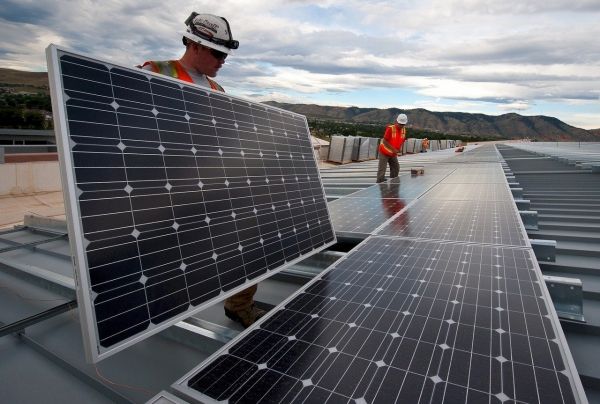How can the energy transition be organized in a globally just way? Will developing countries struggle to transition to clean energy because they lack the financial and technical means? A new Policy Brief by the Institute for Advanced Sustainability Studies (IASS) focuses on the risks of an uneven transition and makes concrete proposals to prevent such risks.
In their Policy Brief “Countering the risk of an uneven low-carbon energy transition”, the authors Laima Eicke, Silvia Weko and Prof. Andreas Goldthau from the IASS write that meeting the technological and financial prerequisites for a global energy transition is crucial. Otherwise there is a danger that developing countries will not be able to make the change to more environmentally friendly energy systems and continue to lag behind in the energy transition – with far-reaching consequences for themselves and the rest of the world. On the one hand, a rise in global carbon emissions will have a negative global effect. On the other, late-transitioning countries would be more susceptible to political instability and economic crisis.
For example, countries that are unable to phase out fossil fuels quickly enough are at risk of being excluded from international trade and value chains. This is because in a decarbonising global economy, the carbon content of products will become an important factor for determining market access, and latecomers risk being left behind. The resulting damage to their economies could be sustained.
Read more at Institute for Advanced Sustainability Studies E.V. (IASS)
Photo Credit: skeeze via Pixabay


